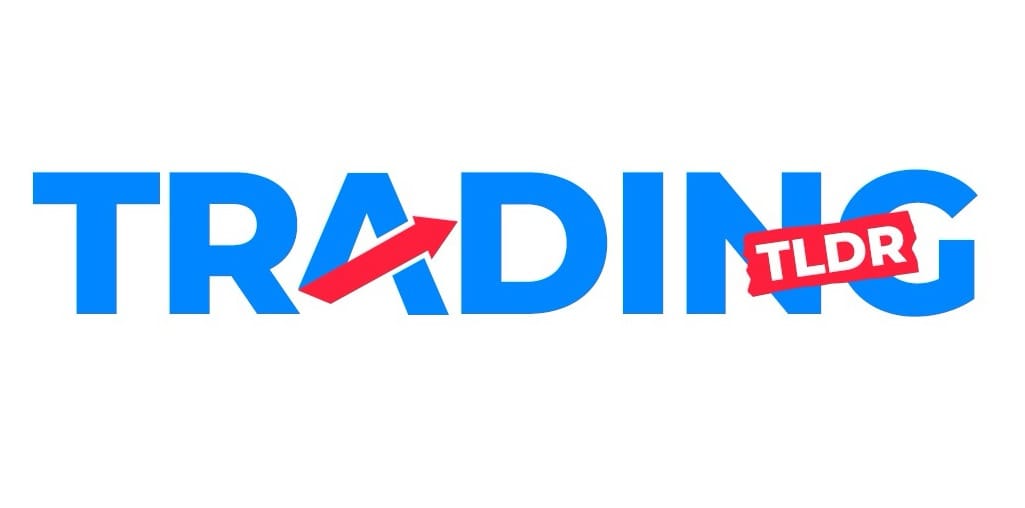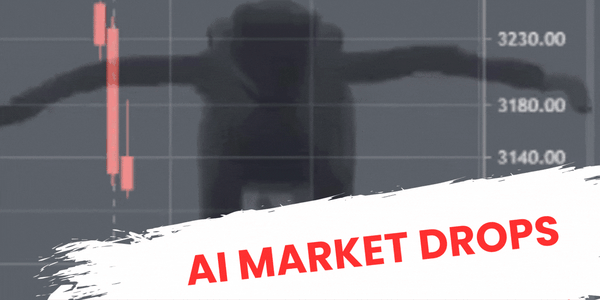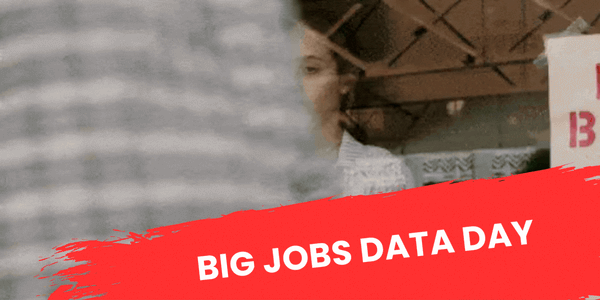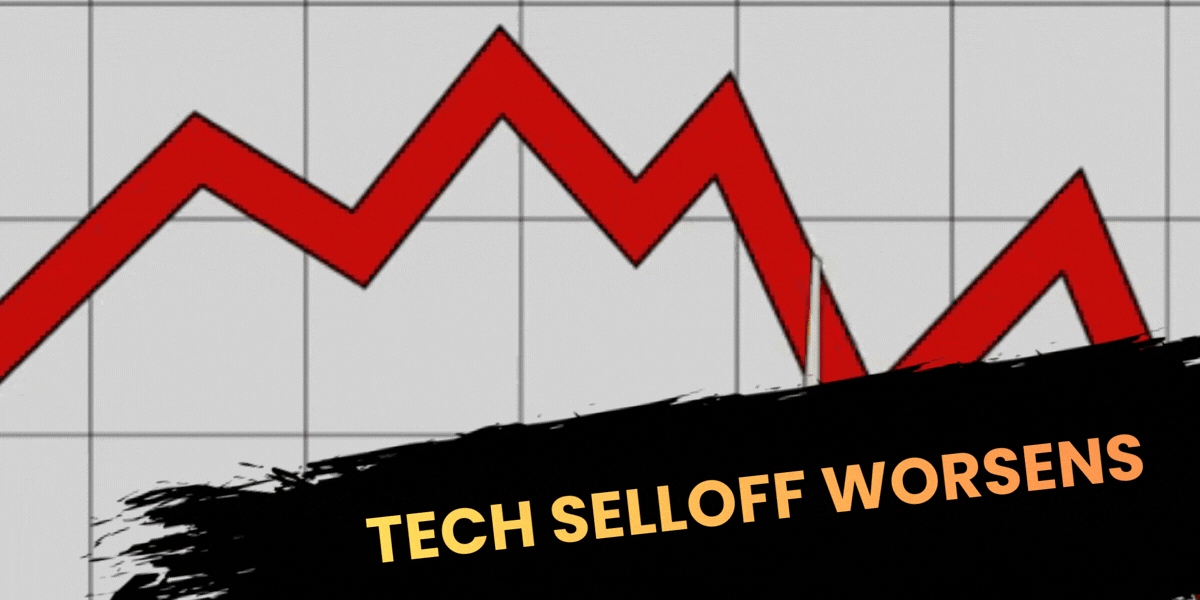Can Your Bank Account Handle This?


Imagine waking up to find the CEO of one of the world's leading tech companies offloading shares—what would that signal to you?
Jensen Huang's recent move at NVIDIA has investors on edge, and it's just one piece of today's puzzle.
While we chew on that, we’ll also dig into why Americans think you need a cool $2.5 million in your bank account to be “rich” and why copper and currency markets are making the headlines.
We just can’t catch a break, can we?
Dive in as we break down what’s driving these shifts.

🚮 Nvidia CEO Dump Shares, Leaving Investors Anxious
NVIDIA's CEO, Jensen Huang, has been selling shares of the company, raising concerns among investors.
👀 Americans Believe You Have To Have $2.5 Million Dollars To Be Considered “Rich”
A recent survey reveals intriguing insights into how Americans perceive wealth. Here's the breakdown.
🚨 Copper Bulls and Bears on High Alert
Discover the critical levels to watch as global economic uncertainty and supply disruptions put the metal's future in the balance.
⚠️ Joining the EUR/USD Rally Late? Be Careful!
Find out why joining the EUR/USD rally now may be risky and what to expect next in this volatile currency pair.
🏆 9 High-Growth Tech Stocks to Watch in August 2024
Identify the top high-growth tech stocks, like Beigene, poised for significant gains in August 2024 and beyond.
💻🇩🇪 Intel Stock Slumps Amid German Plant Uncertainty
Shares sink 6.1% as reports emerge of stalled progress on crucial fabrication facilities. Find out why doubts over new German plants are sending Intel's stock tumbling.
💪 Japan Stocks Not Giving Up Despite Hike Fears
Japan's stock market, like The Nikkei, ignored BOJ's rate hike signals, ending the week on a high note. With core consumer prices rising steadily, investors are left wondering: How long can this upward momentum last?

Ichimoku Cloud
The Ichimoku Cloud is like a comprehensive dashboard that provides insights into support and resistance levels, trend direction, momentum, and potential future price action.
How it Works:
The Ichimoku Cloud comprises five lines, each calculated using different time periods:
- Tenkan-sen (Conversion Line): Average of the highest high and lowest low over the past nine periods.
- Kijun-sen (Base Line): Average of the highest high and lowest low over the past 26 periods.
- Senkou Span A (Leading Span A): Average of the Tenkan-sen and Kijun-sen, projected 26 periods into the future.
- Senkou Span B (Leading Span B): Average of the highest high and lowest low over the past 52 periods, projected 26 periods into the future.
- Chikou Span (Lagging Span): Current closing price plotted 26 periods in the past.
The area between Senkou Span A and Senkou Span B forms the "cloud," which is shaded differently depending on whether Span A is above or below Span B.
What to Look For:
- Cloud: The cloud acts as a dynamic support and resistance zone. If the price is above the cloud, it's generally considered bullish, while below the cloud is bearish.
- Crossovers: Crossovers between the Tenkan-sen and Kijun-sen, or between the price and the cloud, can signal potential trend changes.
- Lagging Span: The Chikou Span can provide confirmation of a trend. If it's above the price 26 periods ago, it's a bullish signal, and vice versa.

Addiction: The Silent Saboteur
Yes, there is a silent saboteur threatening to mess your trade and to put you in big trouble.
It is an addiction!
Yes, trading addiction is a sneaky beast. It creeps up on you, promising riches while stealing your life.
You might start by trading a few bucks for fun, but before you know it, you're risking your life savings on a hunch.
Trust me, I've seen it happen.
There are traders with promising careers who fell due to a gambling addiction, all in the name of quick riches.
Don't let that be you.
So, how do you protect your mind from this financial trap?
It starts with awareness.
Recognize the signs of addiction, and don't be afraid to seek help if needed.
Surround yourself with supportive people who understand your goals.
And remember, trading is a tool, not a lifestyle.
When the market gets chaotic, it's easy to feel overwhelmed.
But that's when discipline shines.
Step away from the screens, take a deep breath, and reassess your strategy.
Remember, every trade is a learning opportunity.
Losses are part of the game, but they don't define you.
Now, here is the bottom line, friends
Trading and investment is about balance, discipline, and perspective.
So, keep your head in the game, protect your mental health, and enjoy the ride.





